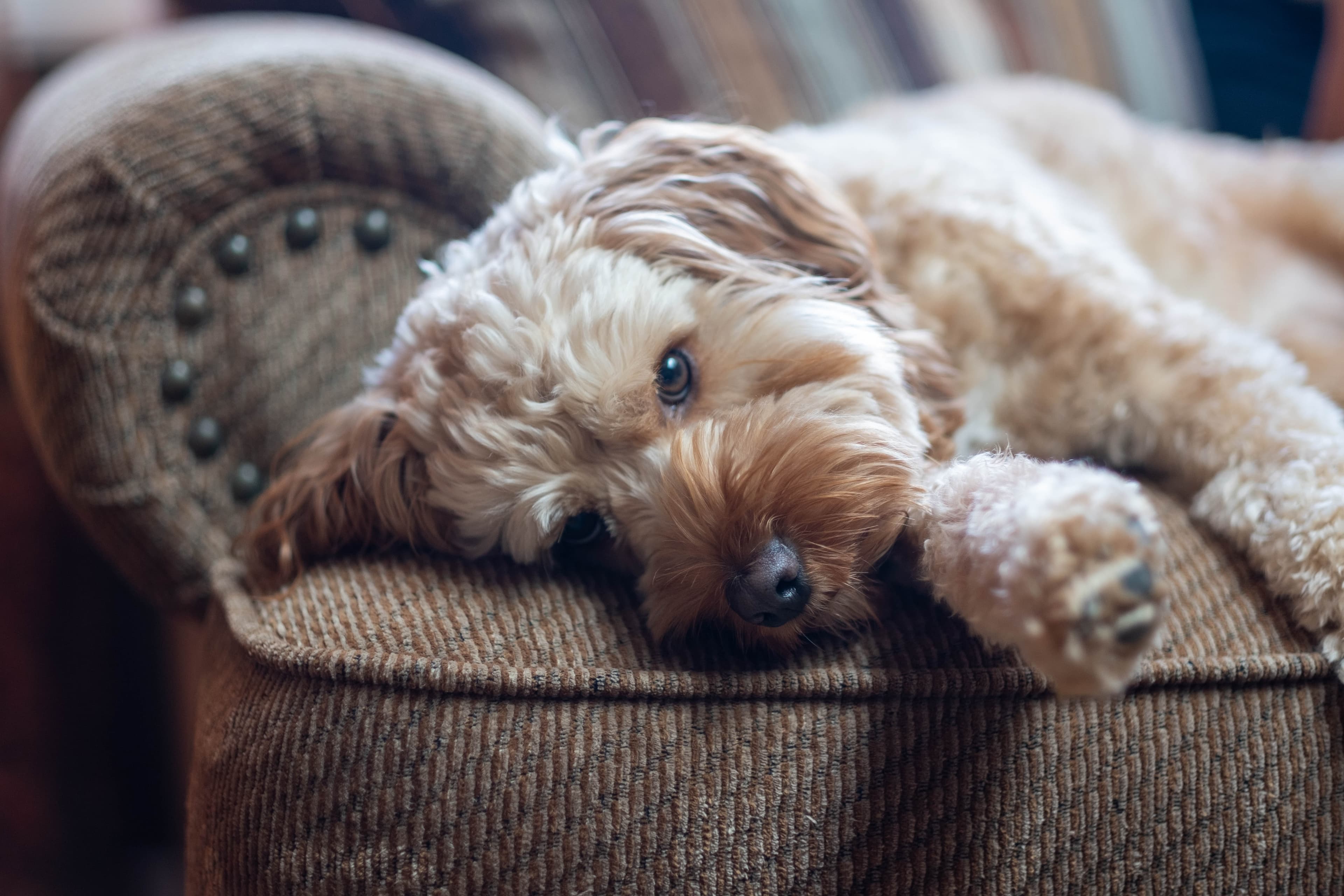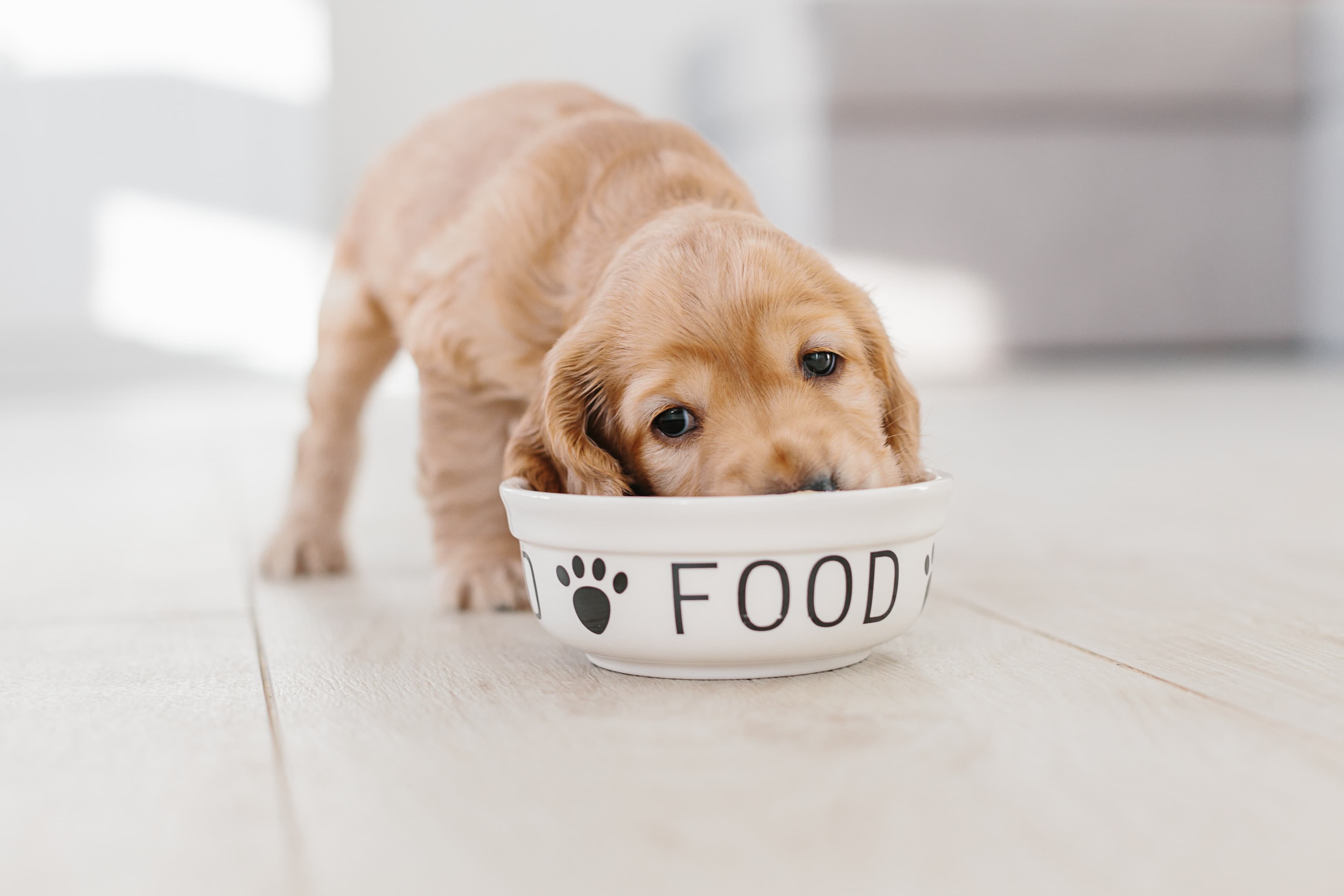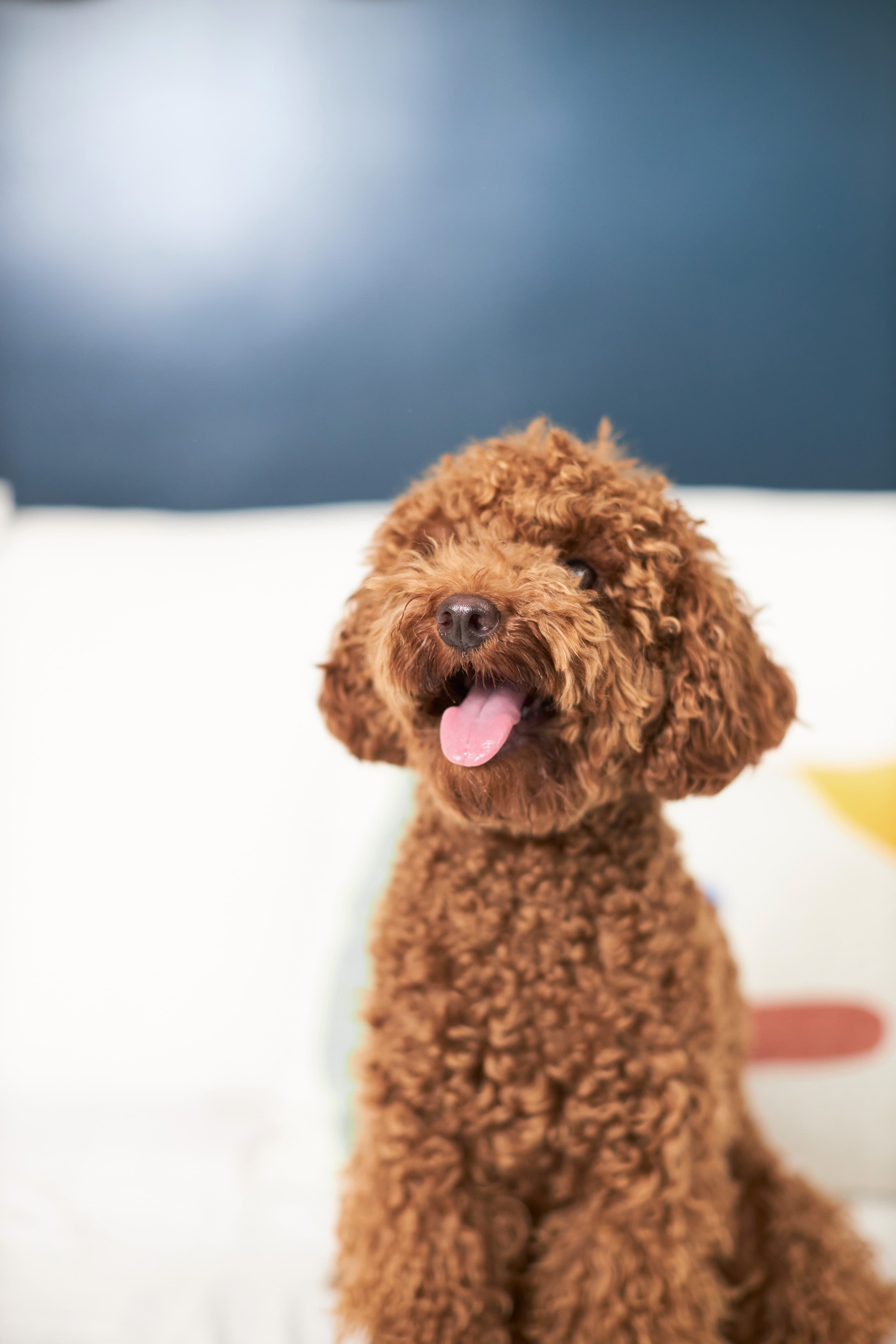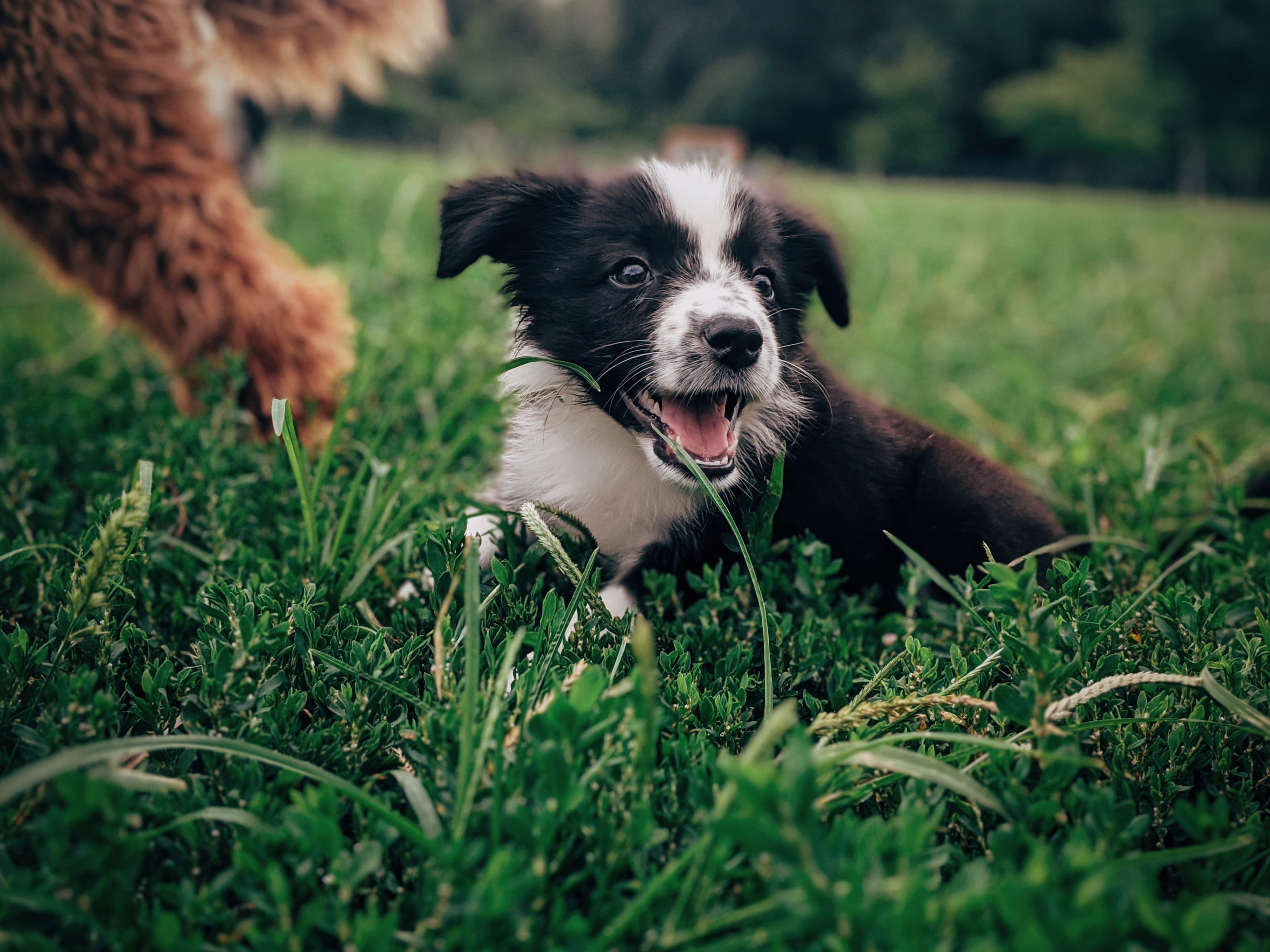Vomiting and diarrhoea in puppies
Did you know that it’s common for puppies to suffer from vomiting and diarrhoea? It can be caused by parasites, eating something inappropriate, or a new food. As there are many different reasons for vomiting and diarrhoea, it can sometimes be difficult to know how to treat them and when it's time to see a vet. Here we’ll guide you on what to think when your puppy has vomiting and/or diarrhoea.
Sensitive puppies
It's important to remember that puppies are much more sensitive to vomiting and diarrhoea than older dogs. Puppies can quickly become very poorly as they can become dehydrated and develop low blood sugar. Therefore, don’t hesitate to contact your vet for advice. As a Lassie customer, you can always consult a digital vet, as you have unlimited calls. So, you don’t need to feel you’re contacting them unnecessarily. However, it is very important that you get to a veterinary clinic quickly if your puppy is obviously unwell.
Easy diet for diarrhoea
If your puppy has diarrhoea, you can try giving them bland food in small portions, with supportive treatment similar to that given to adult dogs. Bland food is easily digestible food that’s kind to your puppy's gastrointestinal tract. However, there are some exceptions to consider when giving your puppy a bland diet.
Never starve a puppy. They are very sensitive to low blood sugar so they should never go long without food. Instead, start giving your dog small portions of bland food straight away.
Diarrhoea and vomiting
If your puppy has diarrhoea and vomiting but remains alert and happy, try treating it at home.
Give your puppy very small portions of spoiled food once an hour, rarely more than a teaspoon at a time. It is important that the puppy has an appetite, otherwise you should visit the vet.
Then give gradually larger portions, dividing them into 6-8 portions per day. Continue with a low-calorie diet until the puppy's stomach has been fine for at least two days.
When the puppy's stomach has been fine for at least two days, it is time to gradually go back to the regular food over a few days.
Let the puppy have free access to water, if the puppy is not allowed to keep the water you need to see a vet!
Acute diarrhoea
If your puppy has acute diarrhoea, you can give them supplements (probiotics) in combination with the bland diet. Give this to your puppy two to three times a day according to the instructions on the packet. Supplements can help to stop diarrhoea and contain good bacteria that help stabilise your puppy's gut flora.






